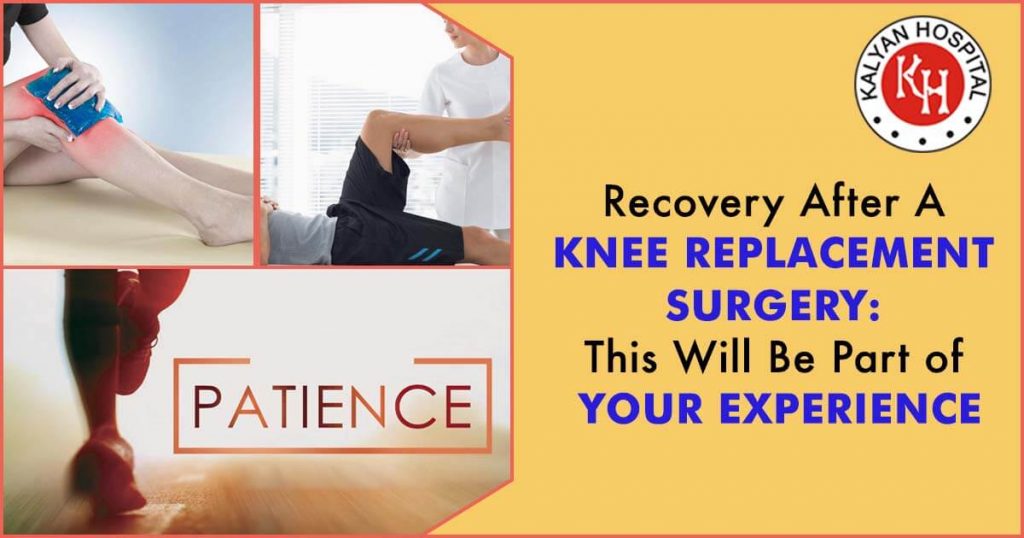[vc_row][vc_column][vc_column_text]Whatever you may see after your total knee replacement surgery may be shocking, but the good news is that you will be briefed about it before the surgery. It is common to have swelling after the surgery, which may seem like 10 pounds had been added to the treated leg.
You will see stitches, staples, dressings, and pain is certainly common for every patient. However, the degree of pain differs, where more emphasis must be put. The nurses will advise you to report the different degrees of pain in order to provide treatment accordingly.
The Would-be Experiences
Here are three would be experiences you must bear in mind before and after your knee replacement surgery.
#- PAIN
Pain after a knee replacement surgery is normal, but don’t let it govern your recovery period. The nurse will come to check on you every hour after the surgery and also ask about your pain, and the Percocet dripping will also be adjusted.
Some patients may experience a reaction to a narcotic with loss of appetite, nausea, and headache. If your pain increases, the doctor and the nurse will suggest a different combination of painkillers. This can be codeine + acetaminophen.
#- PHYSICAL THERAPY
Every patient must undergo physical therapy, which begins at the hospital before discharge. You may be able to walk around an hour after your surgery, depending on the type of knee replacement surgery you underwent.
As you are discharged, you will have to walk into your car and climb stairs with a walker for the doctor to evaluate your response to the surgery.
You will also have to begin your physical therapy session, as discussed with the surgeon. The major aim of physical therapy is to prevent the formation of scar tissue. This will also help you attain stability and mobility in your new knee.
Undermining your physical therapy may lead you to a second knee replacement surgery in order to remove the scar tissue.
#- PATIENCE
You must exercise patience as it takes time to live pain-free, walk steadily without help, and even return to your previous duties. Gradually, you will find that you can do the household chores or go to the gym in the first 7 weeks of your surgery.
It should be noted that some patients even take an entire year to heal fully. So, always remember the surgeon’s words so you don’t get stressed out.[/vc_column_text][/vc_column][/vc_row]



























